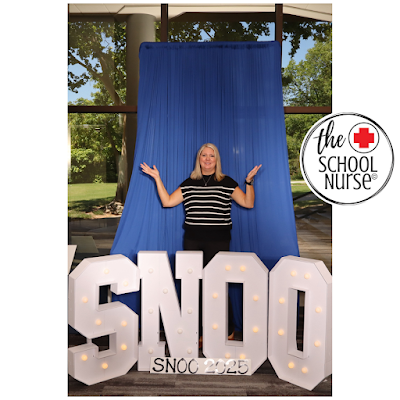A Look at History, Innovation, and Resilience
The Shadow of Polio
Back in the early to mid-1900s, polio was a terrifying virus that could cause paralysis or even death. It mostly affected children, and parents lived in constant fear—especially during the summer when outbreaks were most common. Pools closed, playgrounds emptied, and quarantine became a normal part of life.
Everything started to change in 1955 when Dr. Jonas Salk developed the first polio vaccine. A few years later, Dr. Albert Sabin created an oral version that made protecting communities even easier. Thanks to these breakthroughs and global vaccination efforts, polio has been nearly wiped out. Today, it still exists in just a few countries—a powerful reminder of what science and public health can accomplish together.
Candy Land: A Sweet Escape
During the height of the polio epidemic in the 1940s, many children spent weeks or months in hospitals, isolated from friends and family. While recovering from polio herself, former schoolteacher Eleanor Abbott wanted to bring some joy to those young patients. She created Candy Land, a colorful board game that offered kids a sweet escape into a world of adventure and imagination.
The game quickly became a hit—simple, cheerful, and full of hope. Even today, Candy Land remains a nostalgic favorite, reminding us how creativity and kindness can bring comfort during tough times.
The Iron Lung: A Symbol of ResilienceFor those who survived the most severe forms of polio, the iron lung became a life-saving but cumbersome reality. This negative-pressure ventilator helped patients breathe when the virus paralyzed their respiratory muscles.
Paul Alexander, often referred to as the oldest living iron lung survivor, contracted polio in 1952 at the age of six. Since then, he spent most of his life in an iron lung, relying on its technology to survive. Despite his circumstances, Paul pursued education, became a lawyer, and even wrote his memoir, Three Minutes for a Dog: My Life in an Iron Lung, which he self-published in April 2020. He continued to inspire others with his story of determination and courage until his passing on March 11, 2024, at the age of 78.
His story remains a remarkable testament to human resilience and adaptability.
Polio Eradication: A Global Effort
Thanks to vaccination campaigns and international cooperation, polio cases have decreased by over 99% since 1988. The Global Polio Eradication Initiative (GPEI) continues to work tirelessly to eliminate the virus entirely. While challenges remain, particularly in conflict zones, the goal of a polio-free world is within reach.
Why This Matters for Today
The fight against polio is such a powerful reminder of what can happen when science, teamwork, and determination come together. It’s a story that still feels relevant today as we face new public health challenges. From kids finding joy in Candy Land to survivors like Paul Alexander who refused to give up, these stories remind us that even in the toughest times, hope and innovation can shine through.
As school nurses, healthcare providers, and educators, we have the chance to keep those stories alive—to remind our communities just how life-changing vaccines and collective action can be.
Looking back at the history of polio helps us appreciate how far we’ve come—and shows what’s possible when we all work together toward a healthier future.



.png)

.png)



.png)

.png)







.png)


.png)